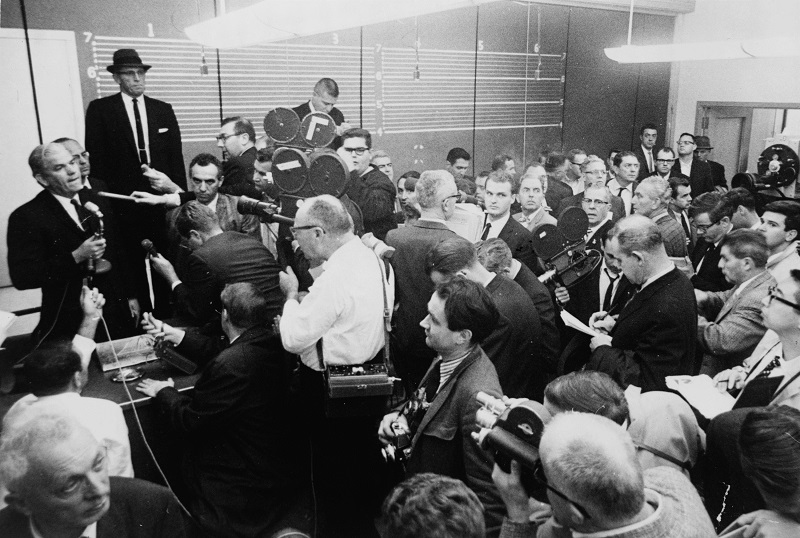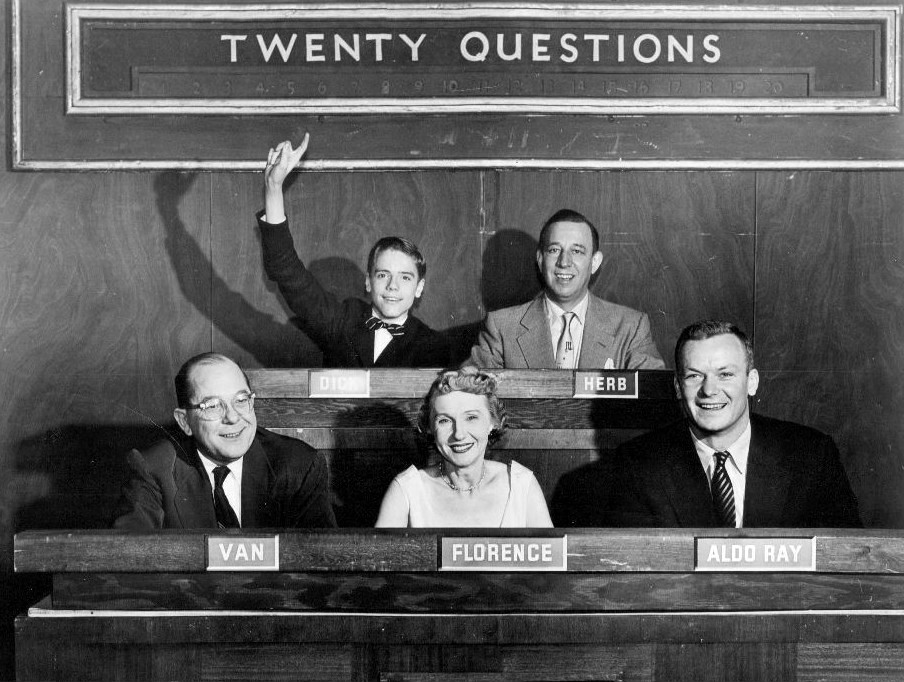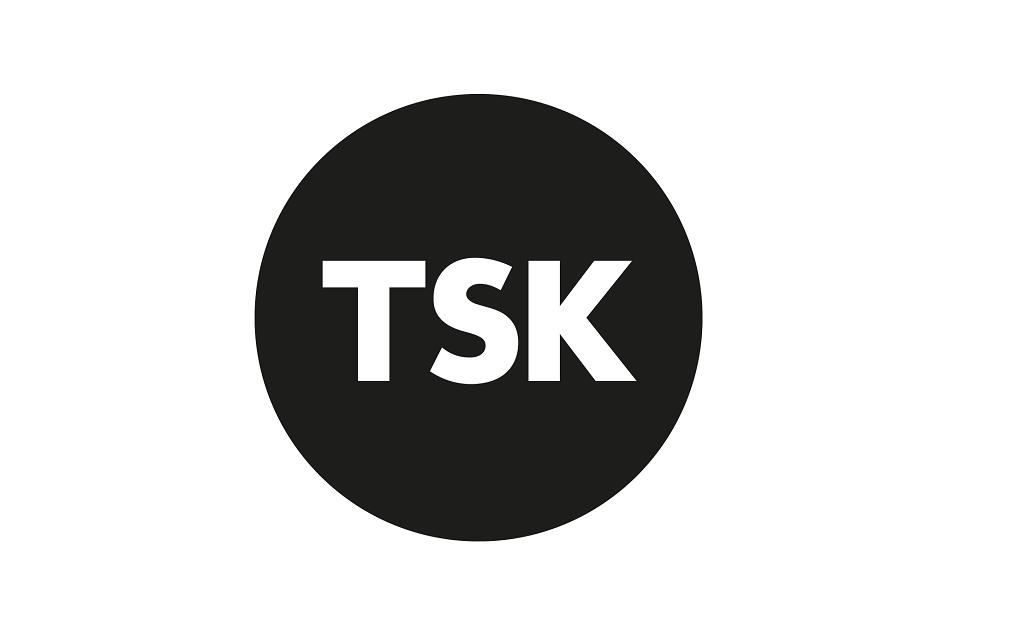A 10-step guide to writing the perfect PR brief
If you're part of an in-house marketing team, you may find at some point that you are asked to put together a PR brief. Perhaps you're going to review your existing PR set-up or maybe you've never appointed an agency before. Either way, it can be quite daunting knowing what to ask of people to ensure you get the best possible responses back.
So, if that's you and you really are not sure quite where to start, the following guide might just help.
We'll look at some crucial questions you should be asking, including sensitive topics like measurement and fees, and also give some top tips on must-haves to include in the brief.
Find what's best for you
Maybe you are looking for a new PR agency, or perhaps you have never before been through the process of appointing a PR provider. Either way, you want to make sure that you find the perfect partner – someone who understands your business and can deliver results with flair and enthusiasm. But making sure that you select the right PR agency for you, can be quite a challenge in itself.
I have happily been on the receiving end of client PR briefs for the last twenty years and have seen all sorts – from twenty-page tomes, to a quick paragraph dashed off in an email. Some have been good, some bad and a few ugly, but there are always some similarities between the most effective ones.
 Be Prescise
Be Prescise
One thing that always surprises me is how sometimes briefs tend to withhold information in the belief that the recipients will somehow have to work out for themselves what it is you want to achieve, who you want to engage with and what resources you have available. This is never a satisfactory approach, as you will only get robust and relevant responses if you put a robust and relevant brief in place to begin with.
So what does a robust and relevant PR brief look like? The following ten tips will provide you with a good starting basis for creating your own successful PR Brief:
Step 1 – State your primary goal or objective very clearly
Step 2 – Resist the urge to add every marketing task possible into the brief – remain focused
Step 3 – Identify who you want to communicate with via the campaign and keep those specific personas in mind throughout
Step 4 – Be realistic about your budget. Try to give an indication of how much you are prepared to invest to get appropriate responses
Step 5 – Leave the door open for questions – people should be happily contacting you to find out more
Step 6 – Be selective – a lengthy beauty parade is not always the best route
Step 7 – Meet all of the team – insist on seeing the main account handlers
Step 8 – Check for hidden costs – no one likes a nasty surprise
Step 9 – Make sure you see a balance of graft and glitter
Step 10 – Ask for measurable systems to show return on investment
State your ambition
All briefs, whether for a large campaign or a small one-off project, need some thought and consideration in order to get the best of responses back in return. It doesn't necessarily stand that; the longer the brief the better. It's what questions you ask and how much scope you give people to respond that will shape the quality of the replies you receive.
So the first stage might be to consider what your ambition is. What do you wish to achieve for the company or the brand? If you write the brief with this in mind, you are far more likely to receive more appropriate responses back. There is no point in thinking: 'well we might as well bang everything into this', 'If we are going to be paying someone, they might as well do everything.' Cramming everything in could take away the effect of the brief, try to do everything and you usually achieve very little.
Think about what your primary goal is and how achieving this goal is likely to support your business growth. For example, if you want to get more shoppers to your retail outlet, state that very clearly at the outset. Don't talk in general terms about profile raising or business building – say exactly what you want this campaign to deliver for you. If people don't know what your measure of success is, then how can they hope to make you happy?
 You're speaking, who's listening?
You're speaking, who's listening?
Have you given some thought as to whom you want this campaign to target? If yours is a larger, more complex organization, you might have numerous stakeholders that you need to reach.
If you do have a clear idea with whom you need to engage, then you should include this in the brief. Yes, challenge the agencies to show an understanding of your business and audiences, but there is no point in withholding information and expecting agencies to second-guess who is important to you and who is not. It is always fine to ask people to make further suggestions to your list.
Show me the money
Do try to give some indication of the budget you have available. Your chosen agency could deliver an all-singing, all-dancing, show-stopping campaign across multiple platforms, however, if your budget doesn't stretch to the bells and whistles then say so. Otherwise, The submissions you receive will not be appropriate for your needs.
It's always better to say for example: 'we have in the past spent in the region of £xxk per year on PR and do not anticipate exceeding this'. Also, it is reasonable to ask for a variety of options for campaigns at certain budget levels – so 'what will we get for £18k per year, £25k or £40k' for example. But, if you know you haven't got £40k, then it serves no purpose receiving a load of responses for campaign ideas at this level.
 Make yourself available for questions
Make yourself available for questions
It sounds obvious, but if you invite people to contact you for more information, most agencies will give some serious consideration to extra questions and call you. If they don't, you should question why they haven't. The more detail they have, the better their response. And you'll get to speak to a few people up front, before the tenders are submitted too.
Welcome to the circus
Try to do some research and consider which agencies you want to invite to pitch. Some simple desk research should highlight firms that have the necessary skills and experience to deliver your campaign. Perhaps invite six or so to make an initial brief submission, and then have a shortlist of three to pitch. Also, if you are based in Birmingham and you want someone on the ground, there is little point in speaking to an Edinburgh-based agency, however good they might seem.
I'd also resist the urge to post the opportunity on your website as you are likely to be inundated with responses and you will have to sift through them all and, out of courtesy, provide a response as to why they were not shortlisted. It's a waste of your time and of theirs too. I know of several occasions where 50, 60 or even 70 responses have been received and it can delay the whole appointment process by weeks.
Meet the team
Do ask you the people presenting to ensure they bring the main day-to-day account handler to the pitch, not just the big guns. These will be the people you are working with every day, so you really want to meet them and see if you are going to get along.
It's show time
You want to see creativity from your agency and be inspired by its unusual approaches and bright ideas, but make sure the ability to present the ideas is balanced by an ability to deliver the day-to-day aspects of the campaign. The phrase 'all fur coat and no knickers' occasionally springs to mind with some PR providers.
Hidden extras
Ask agencies to set out how they charge for additional costs such as travel, any administration changes etc. You don't want any nasty surprises.
What's in it for you?
The most important aspect of all is to ask how they are going to demonstrate a clear return on your investment. You need to be clear about what you want to see happen as a result of your investment into a campaign, so set out those thoughts and ask how else they measure success. It might be increased traffic to the website, it may be increased footfall in the store or an increase in spend, perhaps its greater evidence of relationship building or better engagement with people via social media. It may still be column inches and advertising worth.
There are many, many ways of measuring a well-rounded campaign, so make sure you ask people to spell out clearly how they will demonstrate success.
Your Turn
What are your experiences with creating a PR brief? Do you have any tips you'd like to share or think we've missed anything obvious? Don't be a stranger and leave us a comment below!
We've also put together an introductory guide comparing pros, cons and costs for those new to procuring PR and marketing services, so be sure to download it for free today:
Images used courtesy of Wikimedia Commons and Notions Capital on Flickr.
Selected industry experts bring you insight and expert advice, across a range of sectors.
Subscribe for free to receive our fortnightly round-up of property tips and expertise
Selected industry experts bring you insight and expert advice, across a range of sectors.
Subscribe for free to receive our fortnightly round-up of property tips and expertise






